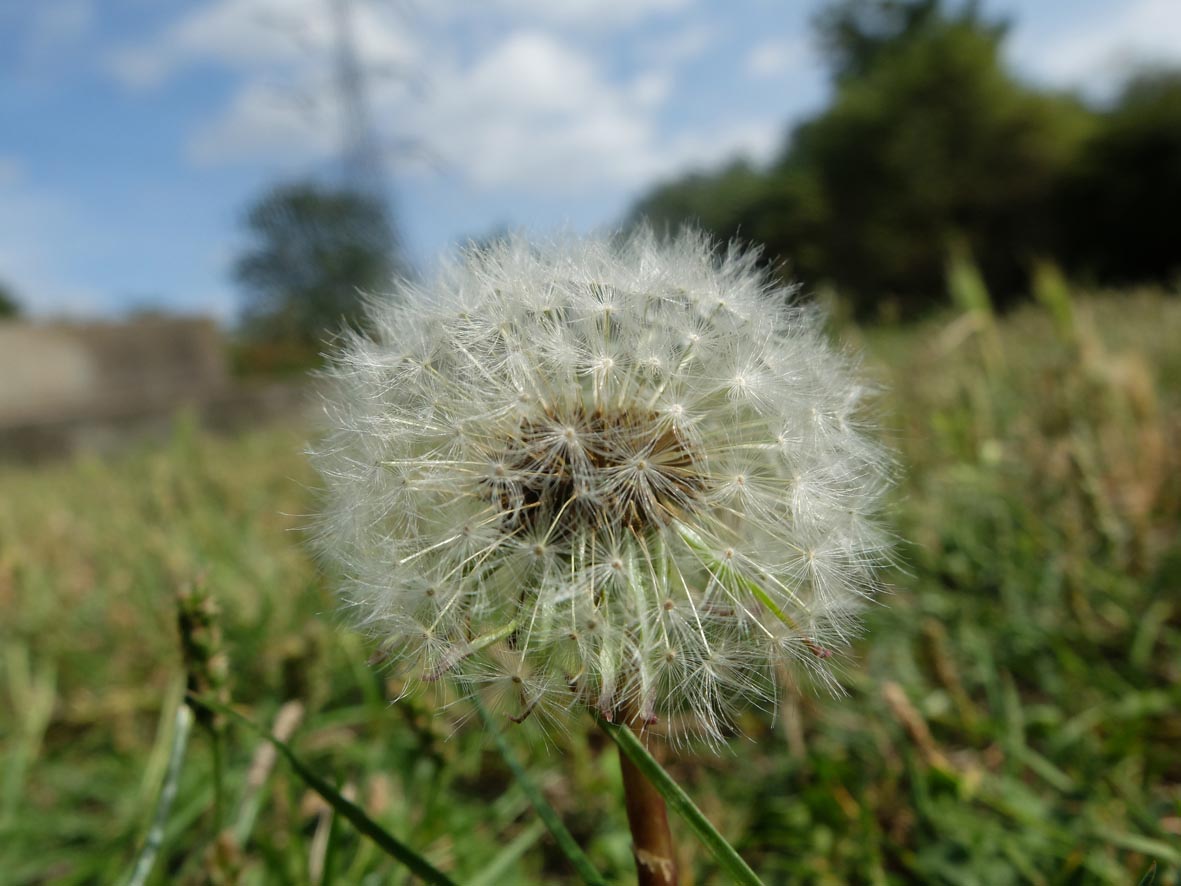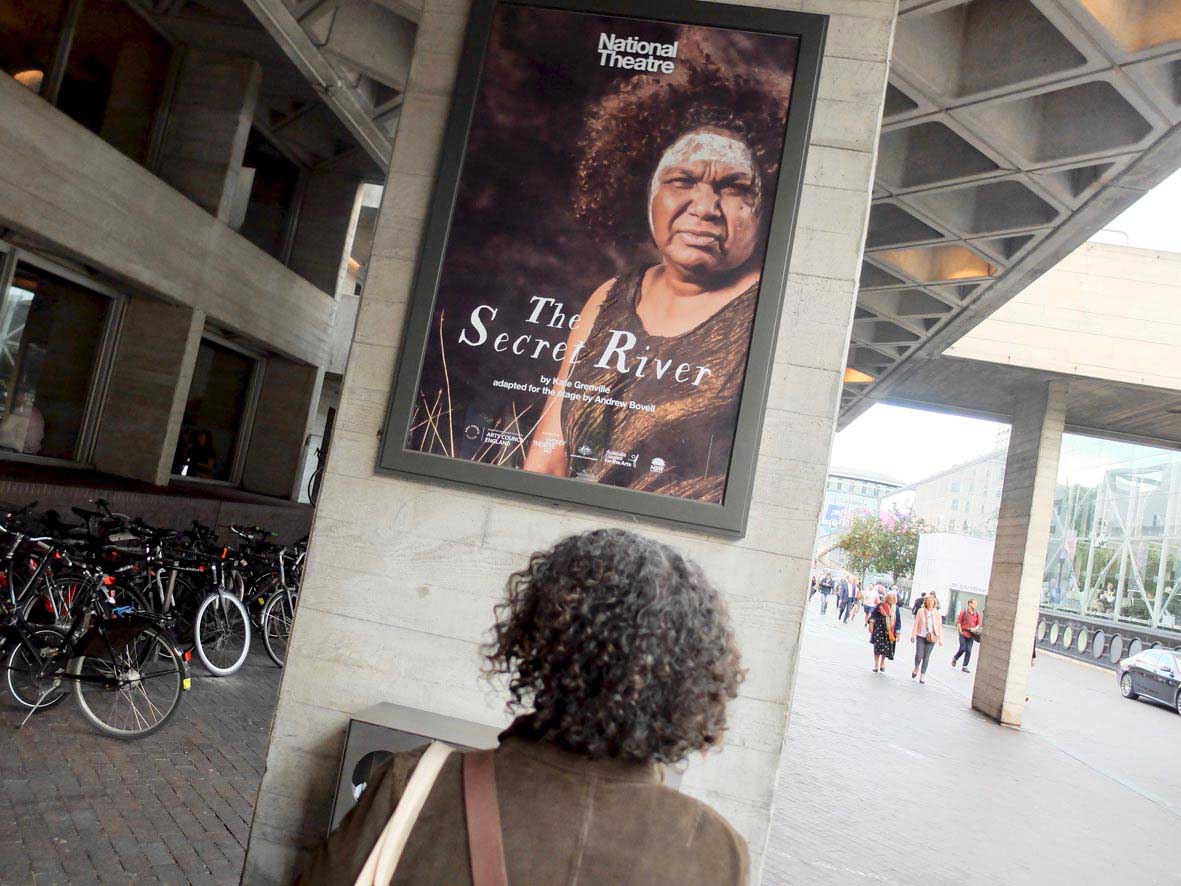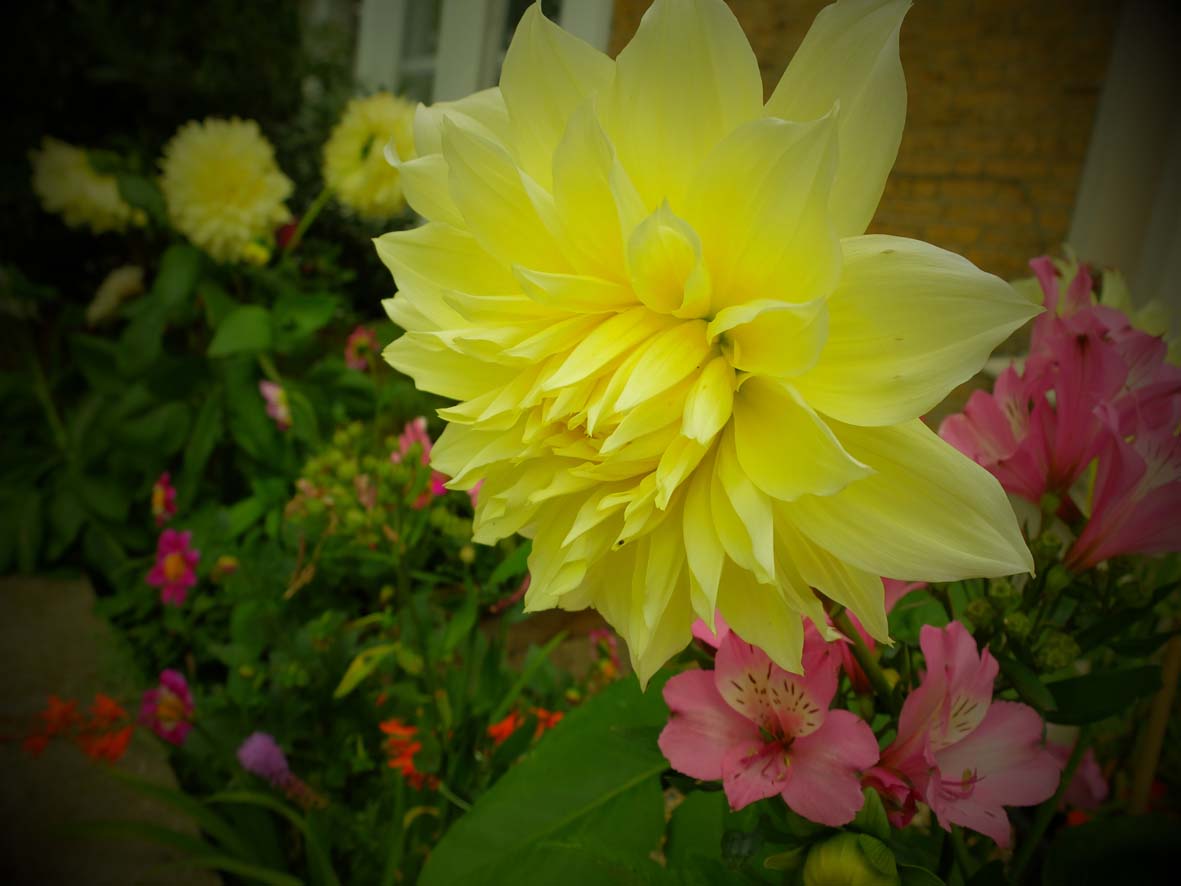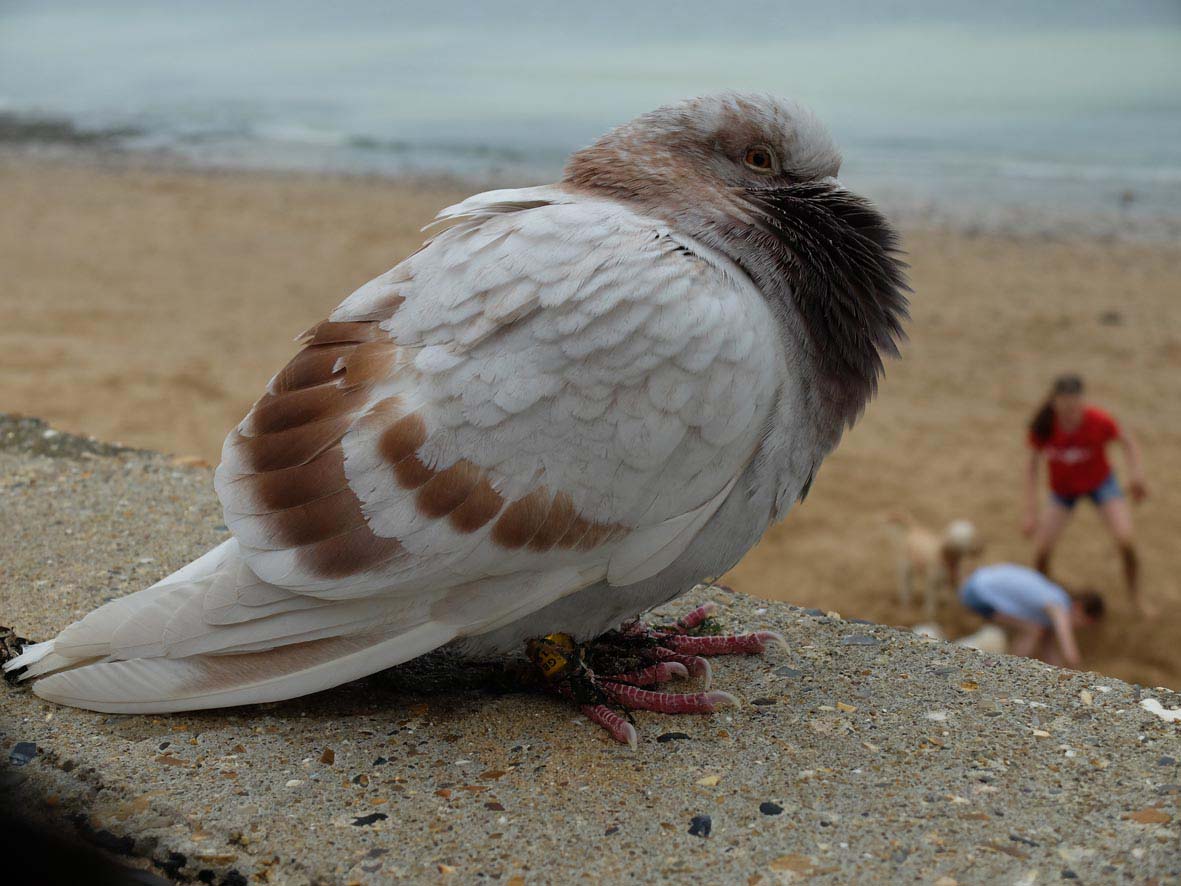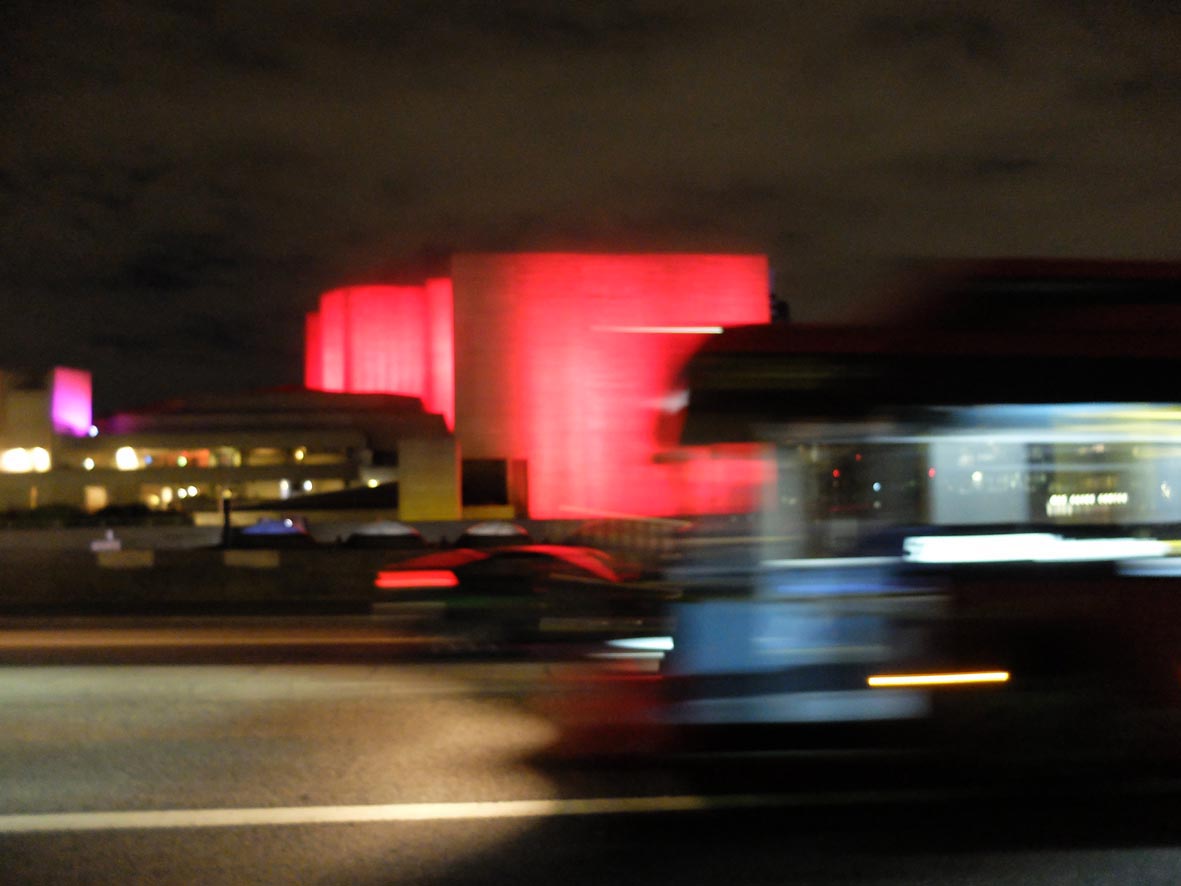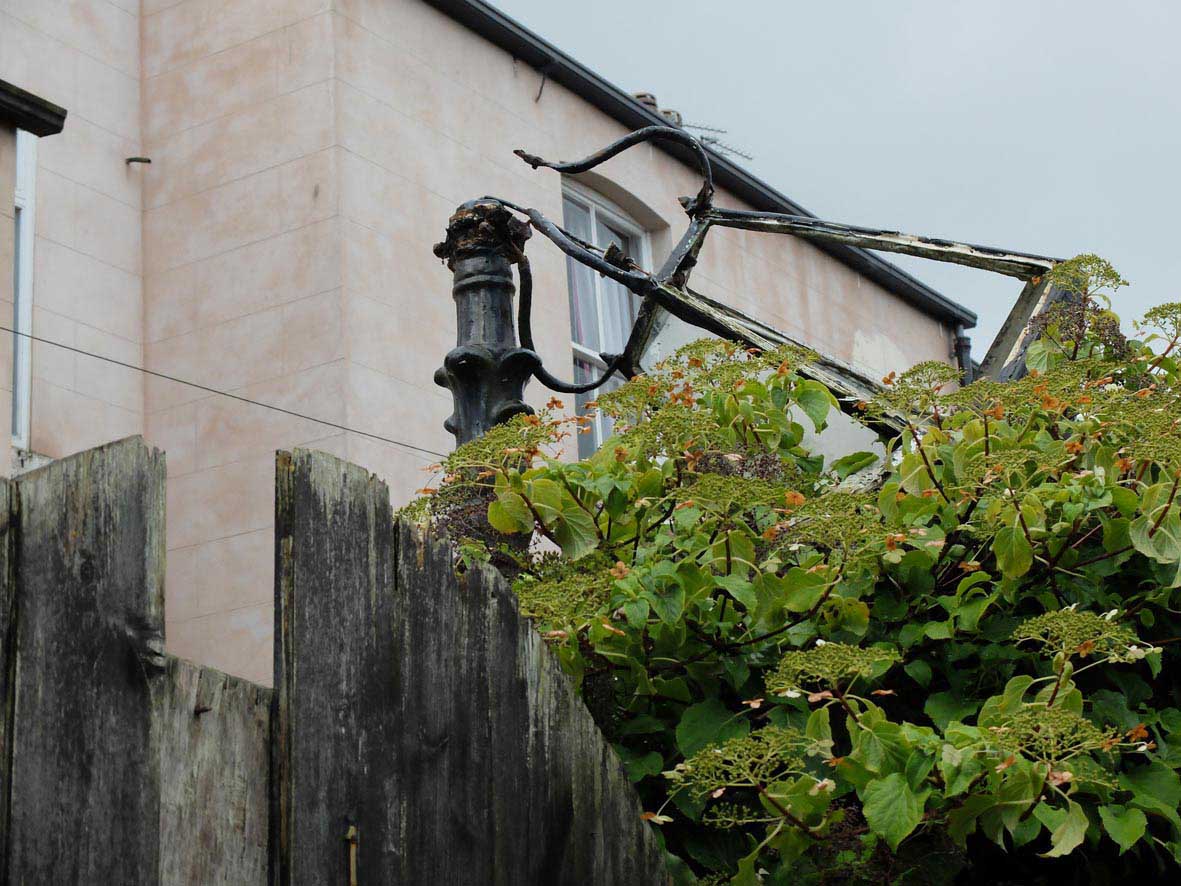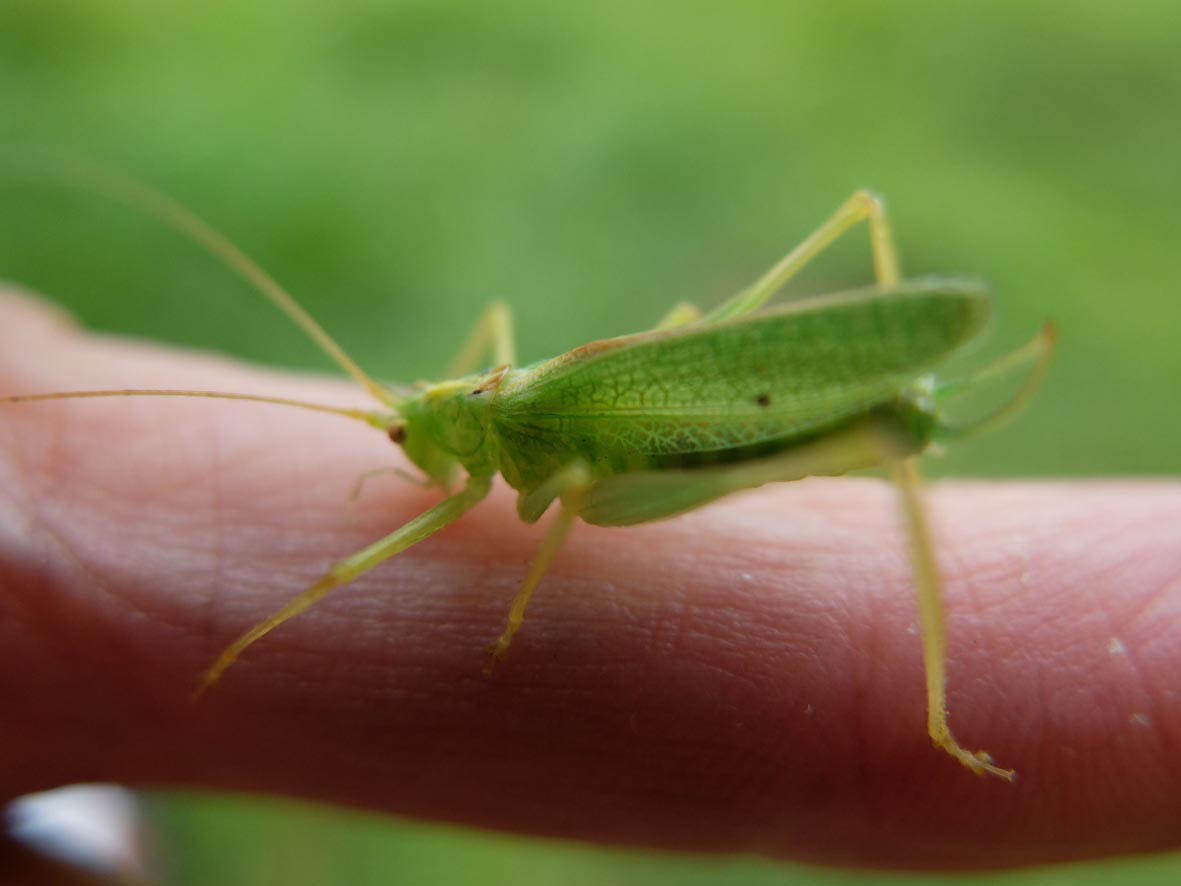05 Sep Fallen Tree
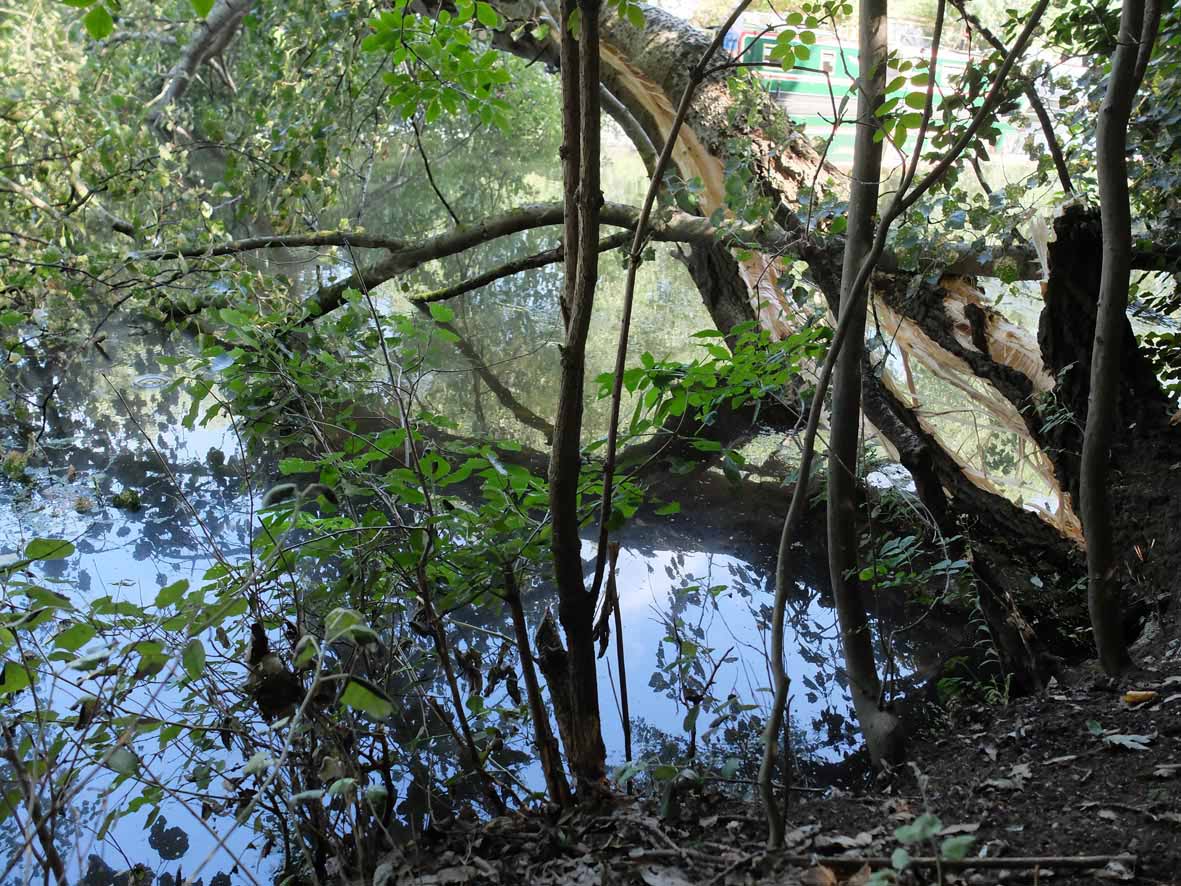 We arrive just after the fall. A narrowboat’s passage is blocked. Boating seniors on holiday consider their options mid-stream. This is not an obvious weather-related event. On the bank is the fresh wound – trunk torn with stress fractures. My mind’s ear hears the creak of wrenched wood and tumbling branches heavy with leaves, then the splash! I am haunted by the absence in my vocabulary. I cannot name the tree with its unevenly serrated orbicular leaves.
We arrive just after the fall. A narrowboat’s passage is blocked. Boating seniors on holiday consider their options mid-stream. This is not an obvious weather-related event. On the bank is the fresh wound – trunk torn with stress fractures. My mind’s ear hears the creak of wrenched wood and tumbling branches heavy with leaves, then the splash! I am haunted by the absence in my vocabulary. I cannot name the tree with its unevenly serrated orbicular leaves.



